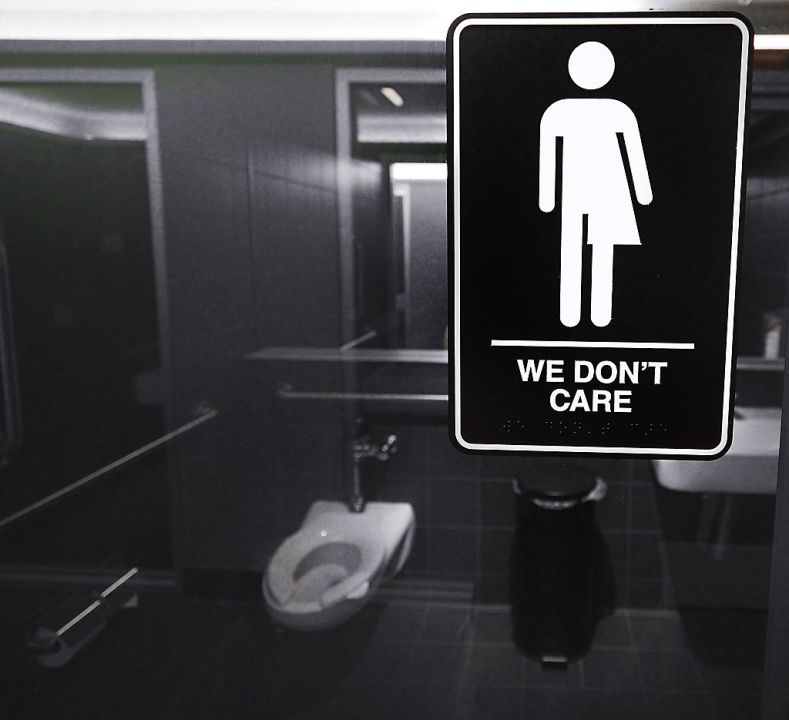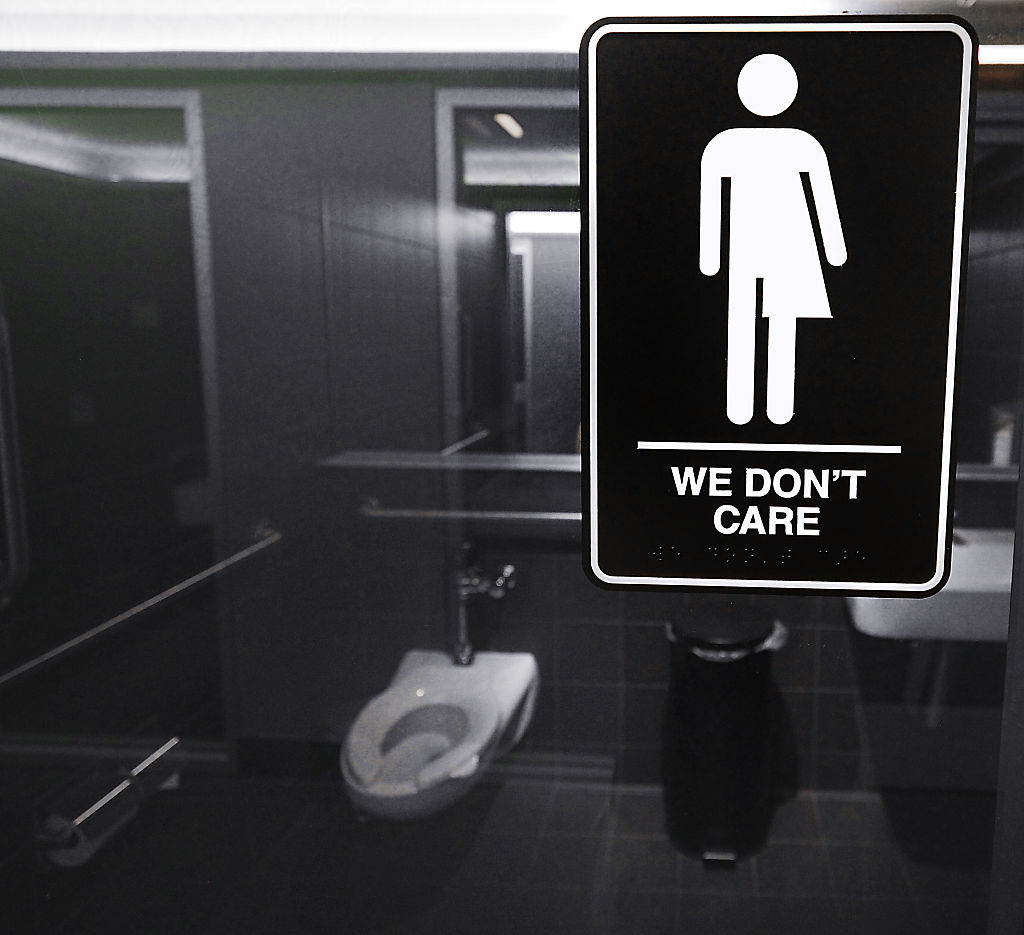When equalities minister Penny Mordaunt launched the consultation on reforming the Gender Recognition Act she declared that “trans women are women”. Whether anyone really believes this remains to be seen. Yet our political leaders are willing to endorse this Orwellian thinking, and when it comes to the transgender debate, objective truth plays second fiddle to political expediency.
For me, the discussion about gender identification is personal. Not only as someone who firmly believes in the concept of birth-sex as a fact of nature (as a science teacher, I have no choice there) but as a transsexual myself, having undergone a meaningful gender transition supported by medical interventions.
Despite what some might think, being transsexual doesn’t mean I was born in “the wrong body”; I was born in my body. There was nothing wrong with me – the problem lay with a society that forced me into gendered roles because of my sex. The restrictions and expectations became an ever-increasing burden that eventually crushed me. I transitioned to escape. It was hardly an ideal solution – my family suffered and I am now on life-long medication – it was a pragmatic response that restored my mental health.
But ‘transitioning’ did not change my birth-sex. That would be silly. Male people cannot just become female people because they want to. Those words have meaning beyond feelings in our heads. Hormone therapy and gender reassignment surgery may enable people to live in the same way as the opposite sex (and they definitely provide evidence of commitment) but they don’t actually change our sex. My chromosomes are as they ever were.
Some campaigners are determined to convince us otherwise. In a truly enlightened society this might not matter, but ours is riddled with sexism and sexist discrimination. One sex has more than its fair share of power, influence and wealth, while the other faces systemic oppression. Identifying as the other gender won’t change that, either for the individual concerned or society at large.
This is why I oppose reforming the Gender Recognition Act. Women have fought for sex-based protections and services, female spaces and female associations, and schemes to promote women in business, politics and society. These are all under threat from the concept of self-identification (which would mean that anyone claiming to be female – even an adult prisoner convicted of sexual offences – would become a woman in the eyes of the law).
There is danger, too, to transsexuals – albeit one which is less obvious. As a transsexual woman, I have lived alongside women for many years. My acceptance has been based not on legal mechanisms, but on trust and confidence. When transsexuals like me transition gender, most women assume we have done so to preserve our mental health and usually respond with acceptance and kindness. We have been helped by excellent role models – like Jan Morris and April Ashley – who have engendered a sense of decency and decorum.
Sadly, some campaigners in the current climate have projected a sense of entitlement and recent events – whether it be a convicted rapist sexually assaulting female prisoners or transgender athletes sweeping aside female competition in women’s sports – have inflamed the debate. If this carries on, trust and confidence will lie in tatters. Even if the government does introduce self-declaration it will be worthless if our acceptance is the collateral damage.
Our political leaders have a responsibility to both women and transsexuals to listen carefully to all voices in this debate. It is my view that a system of unqualified self-identification would erode much-needed safeguards for women and empower abusers (even if they are only a small number of cases). It will also damage the acceptance of transsexuals like me – leaving us with nowhere else to go.
Debbie Hayton is a physics teacher and transgender campaigner








Comments